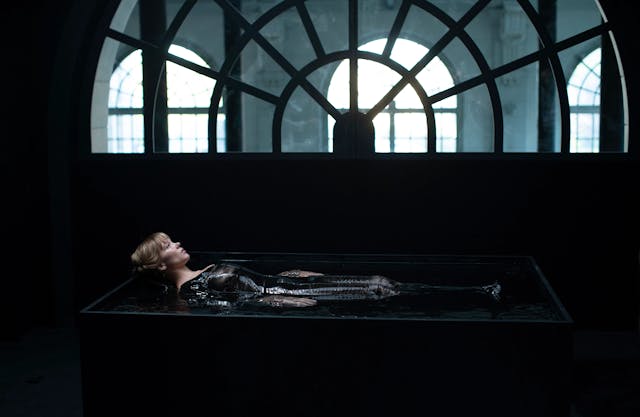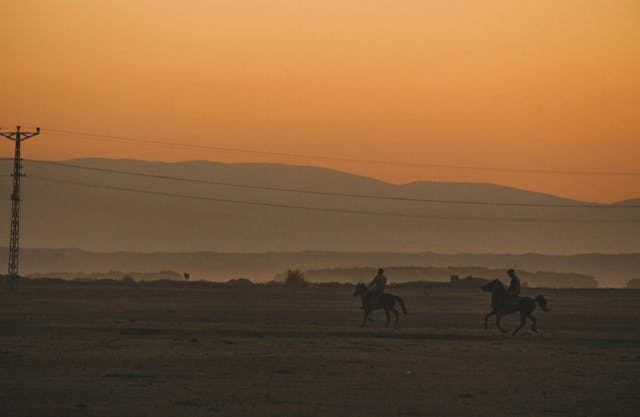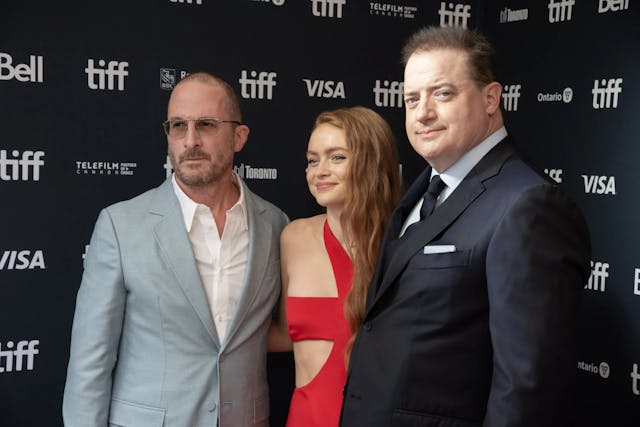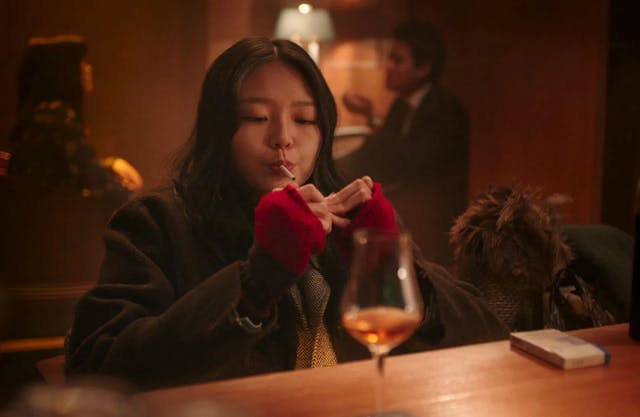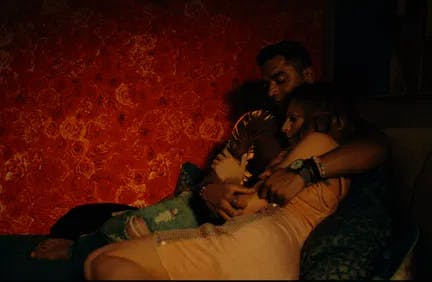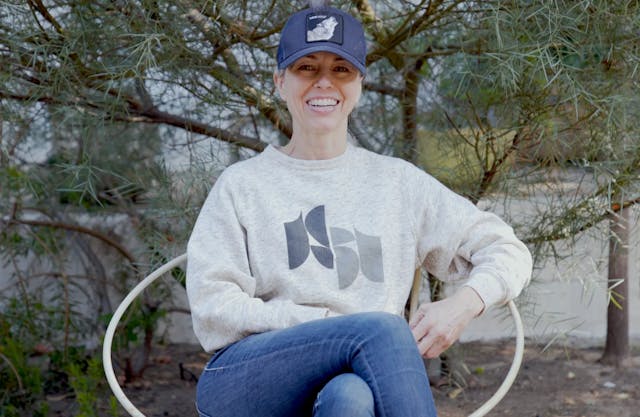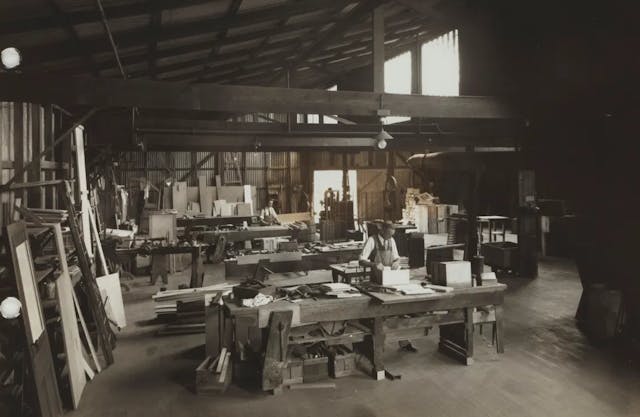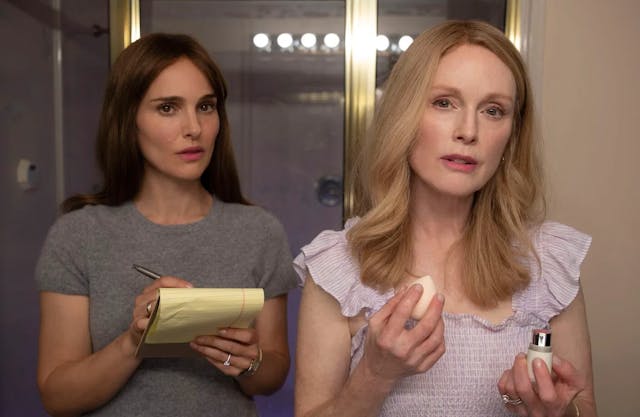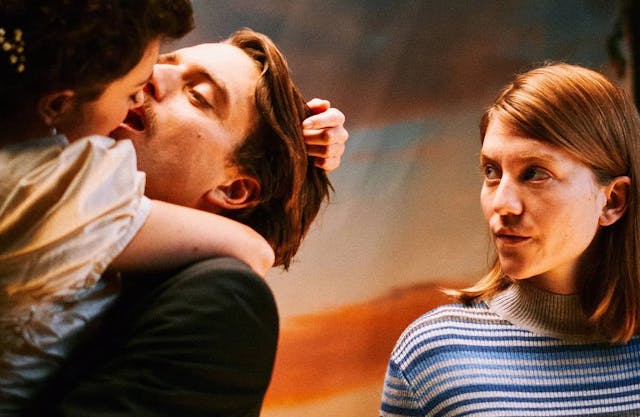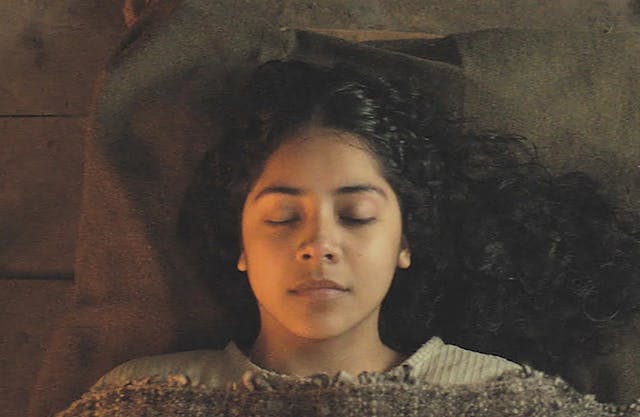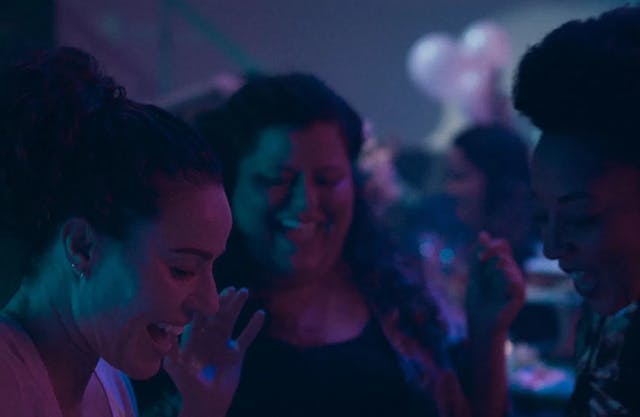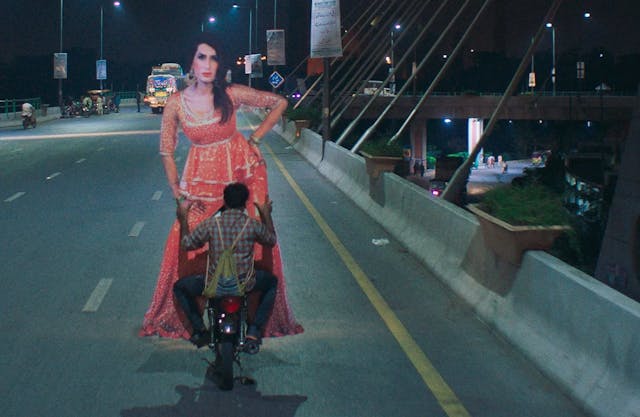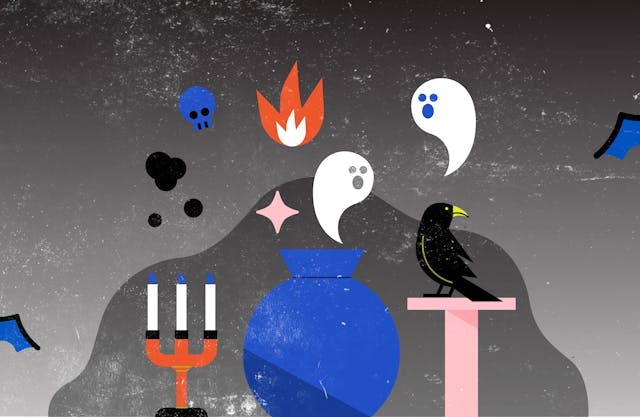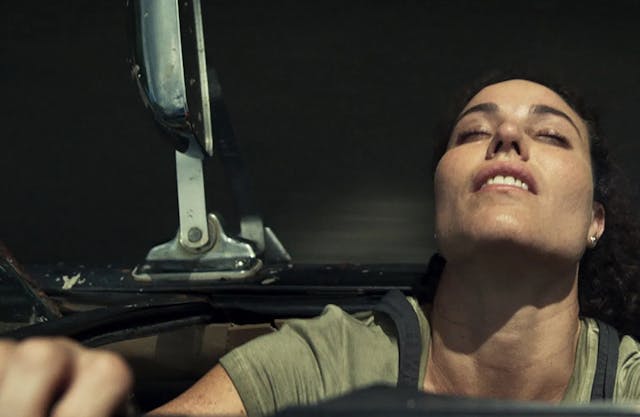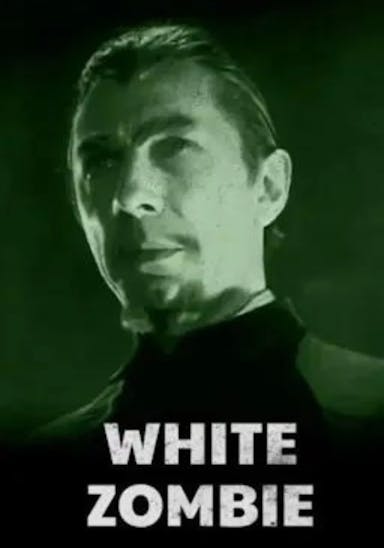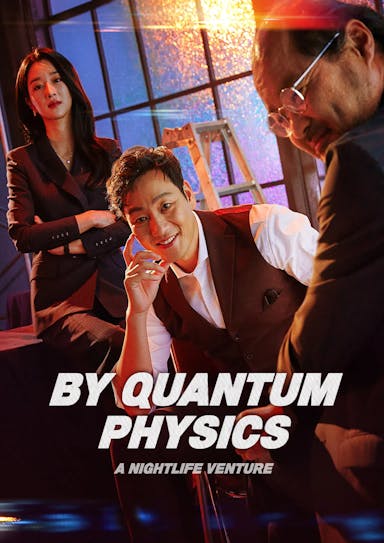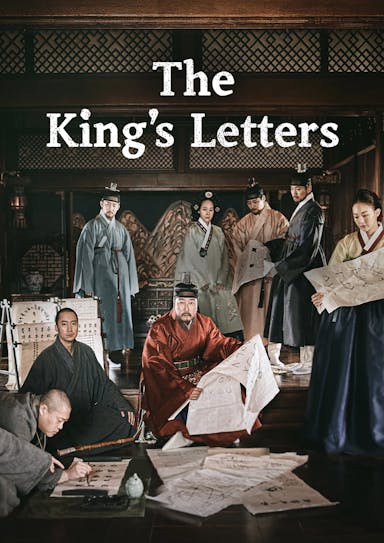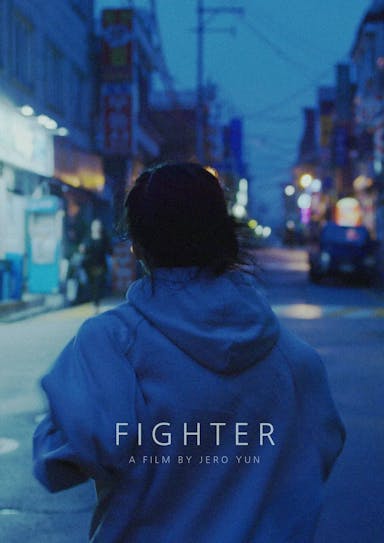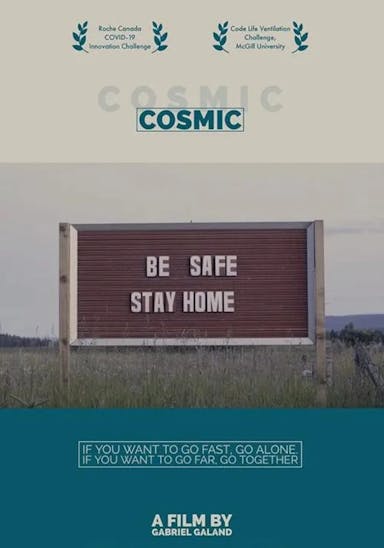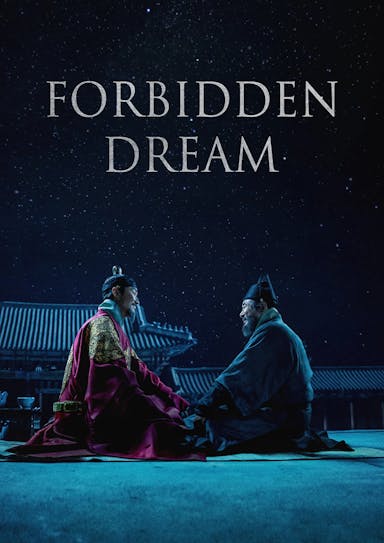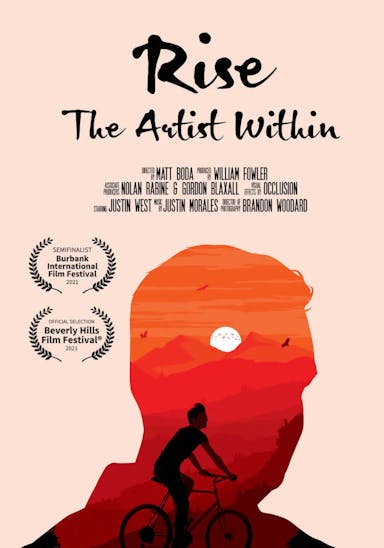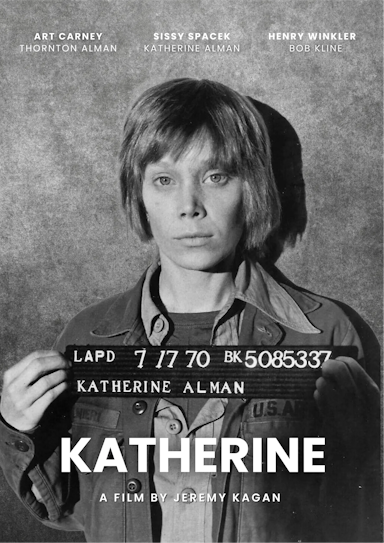"Beloved": Bishrel Mashbat's Personal Mongolian-American Indie Movies

Indie movies are fertile ground for alternative voices. Writer-director Bishrel Mashbat was born in Mongolia in a film-obsessed family. They migrated to the US, where Mashbat beckoned cinema's call. His second feature film, "Beloved," follows the marital crisis of Anar (Iveel Mashbat) and Kassy (Jana Miley), a Mongolian immigrant who works as a bartender and a white American woman trying to break into acting in the lower end of Hollywood. Race, class, and culture clash in a loving relationship gone to seed. We spoke with Mashbat about growing up in a movie-mad family, working with his brother, and making films as a Mongolian-American.
Popflick: Your parents were involved in the Mongolian film industry. What did they do, and how did it influence you?
Bishrel Mashbat: My parents were both filmmakers. My mom is a well-known actress in Mongolia. She has been acting since the 70s. She had a very active career. My dad is a film director. Movies were like a default thing growing up in our household. Instead of getting babysitters, my parents would just rent us a bunch of DVDs. Growing up, you don't know what to compare it to. So I just felt very normal! Once I grew up, I realized that not everybody has a childhood like that!"
Popflick: When you were growing up, Mongolia was in the orbit of the Soviet Union. Soviet cinema has a strong propaganda component, but it also has a sturdy aesthetic tradition. Does it influence you in any way?
Bishrel Mashbat: Mongolia was a satellite nation to the Soviet Union back in the day. We were independent on paper, but we were not really independent. The Soviets used cinema to brainwash everybody with propaganda films, but the thing is, they trained all the filmmakers very well. They sent them to film schools, taught them techniques, and the writers had proper amounts of time to write and all that stuff. Many movies that came out in Mongolia from the 50s to the 80s, right before the Soviet break broke down, were technically beautiful films. Some can argue they were somewhat propagandistic, but I don't think they were too heavy-handed either. Everybody was perfectly trained, down to the sound guy and the gaffer grip. After the 90s, all of that went away because the government funding disappeared, so nobody could work. And then it was just a bunch of people with Mini DV cassettes trying to figure it out. And then, from the 90s to maybe mid-2000, the DSLR Revolution happened. It was a very rough time for Mongolian cinema. I never consciously studied Soviet cinema until I became an adult and got serious about movies. That is when I started watching Tarkovsky and things like that!
Popflick: How did you decide to get into filmmaking?
Bishrel Mashbat: After high school, I wanted to make films, but my mom said, "No, no, no! My kid has to go to college!" right? I applied to different colleges because I didn't know what I wanted to study. So I got accepted to random schools, engineering business, but then I dropped all of them because I could not pay for them. I ended up going to community college and got a degree in business. I worked in the field a little after a taste of the office environment… It's like, "Okay, now I think I want to make movies!"
Birth of an Indie Movie Director
Popflick: Your first feature film, “In the Land of Lost Angels,” came out in 2019. What did you learn that helped you out doing “Beloved,” your second film?
Bishrel Mashbat: Pre-production is everything. The more you plan, the more comfortable you feel. Relying on your team is very important. Your film is already made before you roll the camera. Pre-production is one of my least favorite parts of filmmaking, but it's probably the most important. But then, you want to be able to walk into a set willing and ready enough to, if need be, toss the plan out and then be more adaptive. But it's really important to prepare.
Popflick: When you sit down to write your screenplays, do you write thinking of the resources you have, or do you just let your mind fly and see where it lands?
Bishrel Mashbat: For those two movies, I wrote for the resources I had. Before that, I wrote a lot of scripts on spec. That market is dead now, anyway, but I was high on the '90s success stories and how the indie filmmakers were selling specs and then getting movie deals. So, I wrote a bunch of stuff just because I wanted to write. And then it was just like not commercial enough, or too expensive. I did not want to waste decades writing stuff that would not go anywhere. So, it has to be small in scope and manageable enough so that a small crew can pull it off without any excuses and raise a small amount of funding.
Popflick: Where did the idea for “Beloved" come from? Is there any autobiographical component to it?
Bishrel Mashbat: Not really, but I am married. Thematically, there are contemplative things I just wanted to explore, and then I filled it in with the little nuances of married life, how you shower in the morning, and stuff like that. And I think that gives it the granular texture of life.
Popflick: I appreciate how frank the movie is about considering how cultural differences can sometimes work as weapons, even in a loving relationship. Lack of representation tends to push artists towards idealizing cultural integration. But in the real world, it's a fraught process. In a particular scene, Kassie tells Anar that he lacks motivation because he is a bartender. We always deal with these stereotypes that immigrants are either lazy or strivers, and there is nothing in between.
Bishrel Mashbat: I guess there is an autobiographical component because I worked in the restaurant industry for many years. I know the nuances of the bar industry, the restaurant industry, and the feeling of it. And then, when you work in that industry, it's a high-octane place, busy. You are always drinking, and the next day, you sleep in late. And if your wife has an office job, your hours are on opposite timeframes. And that creates friction. Also, many friends had fights with their wives over this issue. I just wanted to portray something honestly without any message. I don't like "messages". Having a "message" transmits the idea that you are better than others like you are trying to talk down to people. But if something I just wanted to present, like as is like, just put it on the table and then like, you get whatever you get out of it, you know? I am not trying to make a romantic movie, but I am not trying to make a pessimistic movie either. I was just kind of like, Well, this is love.
Outside, Looking In Hollywood
Popflick: There is sideline contemplation of the film industry. Kassy is trying to break into the business as an actress, and we see her falling prey to the casting couch. It was shocking to see that kind of thing still happening.
Bishrel Mashbat: I might have taken a little bit of liberty there. I think It does not happen as much. I mean, things are pretty open now. If there's a bad guy, word gets around. It still happens, but I think it happens higher up, where you have more to lose, as opposed to the lower level when people are just breaking in. There's always that dynamic where somebody has power over you because they have what you want, whether it is explicit or not. I don't think it's just a film industry thing. The film industry is just visible. So we all talk about it. It happens in every industry.
Popflick: The movie is also very frank about showing male nudity in daily life and sex scenes, and your brother is the lead actor. Was it difficult to talk him into it?
Bishrel Mashbat: I was being very frank about domestic life, so I have to show it frankly, right? Anar is taking a shower. Nobody takes their underwear off inside the shower stall, right? You take it off, and you walk in. So I have to show it like that. Or like when Kassie wakes up and goes to pee. It has to be organic to feel earnest and honest, you know. So I told him, “Hey, man, like. it is what it is!” It took some effort to persuade him, but then it was fine.
Popflick: Anar and Kassie discussed the possibility of going to Mongolia. Have you ever been tempted to go back there and shoot something?
Bishrel Mashbat: I would love to, but you need a certain amount of money to make a film there. Even if the budget is low, there are logistical expenses. So, local support is necessary. And our industry, unfortunately, is still kind of developing. Mongolia is taking action to host co-productions and create incentives. As a Mongolian, I am in touch with the country, and hopefully, we can just come up with one project that satisfies me, and then we can build something tangible around that. I realize not many people have any realistic or modern idea of what our country is. Half of them think we still ride horses like in Genghis Khan's days. The other half doesn't know that we went through that Soviet era. They do not know what modern Mongolia is, so I would love to make movies about it.
Popflick: We have seen Asian-American talent making inroads in the industry. Does it benefit Mongolian Americans, or is the Asian-American diaspora too big and diverse to make a difference for everybody?
Bishrel Mashbat: Asian voices being heard raises the tide for all ships, so it does benefit us. As a collective, we have to overcome stereotypes for the nuanced stories to come out and be appreciated. But on the other hand, Mongolians do feel overshadowed by much bigger countries. Mongolia has less than 4 million people, whereas China has about 1.3 billion. So, our stories get overshadowed by Japanese, Korean, and Chinese stories. When you think about Asia, you never think about Mongolia. Mongolia does not even enter the conversation. There are also cultural differences. Chinese, Japanese, and Korean cultures are more like East Asian cultures. We identify as Central Asian. Historically and culturally, we are closer to mountain culture, like Kazakhstan.
Popflick: What’s next for you?
Bishrel Mashbat: I have a couple of things in development. I wrote a sci-fi-drama thriller type of movie. I also have a horror project, but nothing concrete yet. You have to keep fighting for it in the Daily Grind.
Want to get an email when we publish new content?
Subscribe today
